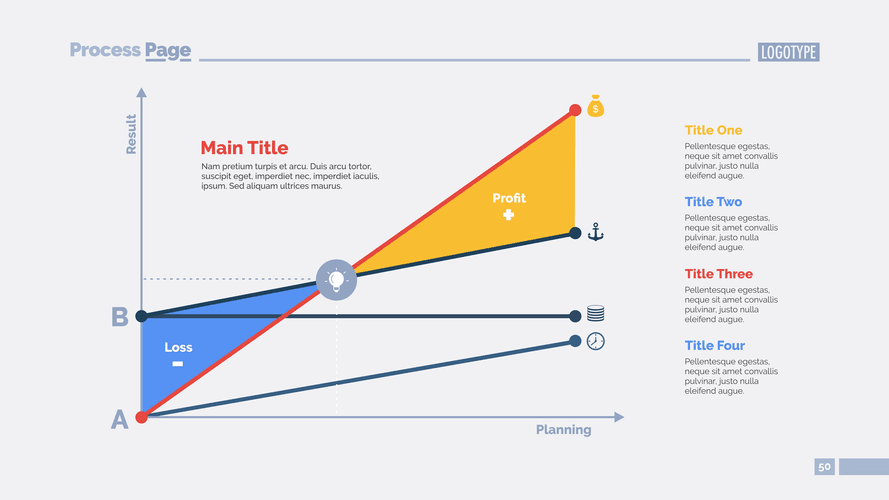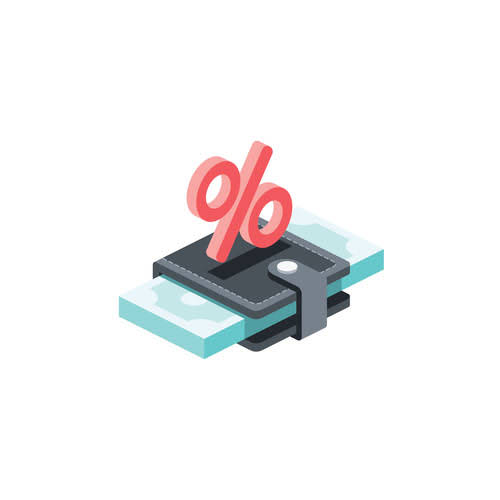
Additionally, blockchain’s cryptographic verification ensures the authenticity of transactions, minimizing fraud risks. The technology’s transparency empowers auditors to trace transactions and verify records independently. However, challenges such as understanding blockchain intricacies and adapting to new methodologies must be overcome. Overall, blockchain’s impact on audit practices paves the way for more efficient, accurate, and trustworthy financial reporting processes. Blockchain technology is revolutionizing accounting by providing a decentralized and immutable ledger system. Integrating blockchain with existing accounting systems can enhance transparency and reduce the risk of fraud.
Property Records

Blockchain has the potential to enhance the accounting profession by reducing the costs of maintaining and reconciling ledgers, and providing absolute certainty over the ownership and history of assets. Moreover, with triple-entry accounting, the blockchain makes it hard to commit double-entry fraud. Transactions are cryptographically linked and recorded in the distributed ledger, making identifying fraudulent actions easier.
3 Integration with Existing Systems
- Some critics see these virtual currencies as speculative assets, while others suggest they are good investments.
- As the number of transactions grows, blockchain networks often face congestion, resulting in delays and higher transaction fees.
- Smart contracts are transforming accounting by automating and streamlining financial operations.
- It is important to note that organizations can control access to the data, both in terms of who can access the data and what data can be accessed.
- For example, you can send money directly to another person without involving a bank or a credit card company.
- Real-time transaction processing and accessible audit trails provide business owners with accurate insights into financial activities, enabling informed decision-making.
The immutable nature of blockchain ensures that once a transaction is recorded, it cannot be altered, enhancing the reliability of financial records. This is particularly beneficial Sales Forecasting in auditing, where data integrity is crucial. Auditors can access real-time data, reducing the time spent on manual verification and enabling more efficient audits. By providing a transparent and immutable ledger for recording financial transactions, blockchain offers businesses a more secure, efficient, and accurate method of maintaining financial records.
- However, embracing this tech depends upon a firm foundation of education and experience, not to mention networking with other industry professionals who understand the tech and the industry itself.
- Performing confirmations of a company’s financial status would be less necessary if some or all of the transactions that underlie that status are visible on blockchains.
- Multiple parties validate the transduction cryptographically prior to recording.
- Recent accounting scandals and financial restatements, however, indicate that no system is impervious to collusion.
- It offers the potential to transform traditional practices by enhancing transparency, accuracy, and efficiency.
What Does it Mean for the Accounting Profession?

Since all participants in a blockchain network have access to the same data, it simplifies reconciliation and promotes a unified view of financial records. As the technology continues to evolve, its adoption in accounting is likely to become more widespread, further transforming the industry. As blockchain technology continues to evolve, its applications in accounting will likely expand beyond current expectations. Emerging innovations such as decentralized finance (DeFi) and tokenization could further revolutionize the way financial transactions are recorded and managed. The accounting profession must stay adaptable and forward-thinking to fully harness the potential of blockchain technology.
- Basically, when a company purchases inventory from a supplier on account, a journal entry debiting inventory and crediting accounts payable for “X” amount is entered in the ERP system.
- This reduces the risk of fraud and errors, as each transaction is securely recorded and cannot be altered once validated.
- Another significant challenge is the susceptibility to fraud and manipulation in conventional accounting methods.
- This includes integrating data from a prior period as those data become available (accounting for subsequent events or adjusting for under/over applied overhead are examples).
- The distributed ledger created using blockchain technology is unlike a traditional network, because it does not have a central authority common in a traditional network structure (see Exhibit 2).
How does the Blockchain Work?
Investors gain deeper insights into financial performance, while regulators can efficiently monitor compliance with standards like the Sarbanes-Oxley Act. The implications of blockchain for the accounting profession are many, according to an article on the ICAEW website. It has the potential to reduce the costs of processing and maintaining ledgers. It could also be the tool to provide absolute certainty to the ownership of assets. The CPA Journal defines blockchain as “a decentralized database that enables real-time verification and communication of information.” Blockchain is likened to a Google document accessible to network members.

As of 2024, 44% of Americans still say they will never purchase a cryptocurrency. Although blockchain can save users money on transaction fees, the technology is far from free. For example, the Bitcoin network’s proof-of-work system to petty cash validate transactions consumes vast amounts of computational power.
ACCOUNTING for Everyone
This network of programs compares each document with the ones they have stored and accepts them as valid based on the hashes they generate. If a document doesn’t generate a hash that is a match, blockchain in accounting that document is rejected by the network. It gives anyone access to financial accounts, but allows criminals to transact more easily. Many have argued that the good uses of crypto, like banking the unbanked, outweigh the bad uses of cryptocurrency, especially when most illegal activity is still accomplished through untraceable cash. Perhaps the most profound facet of blockchain and cryptocurrency is the ability for anyone, regardless of ethnicity, gender, location, or cultural background, to use it.